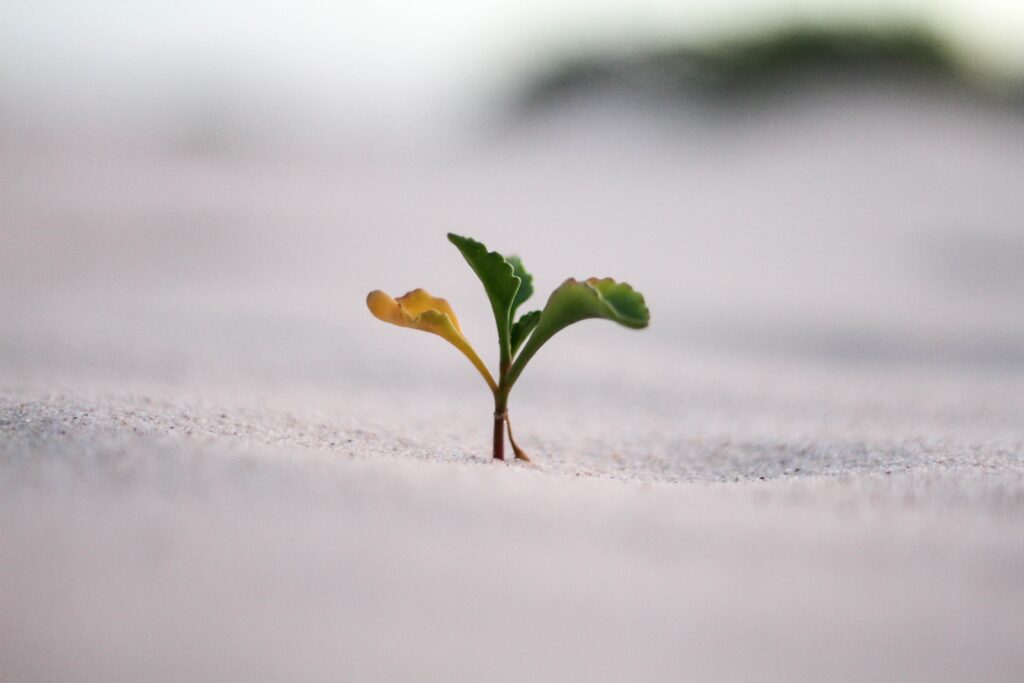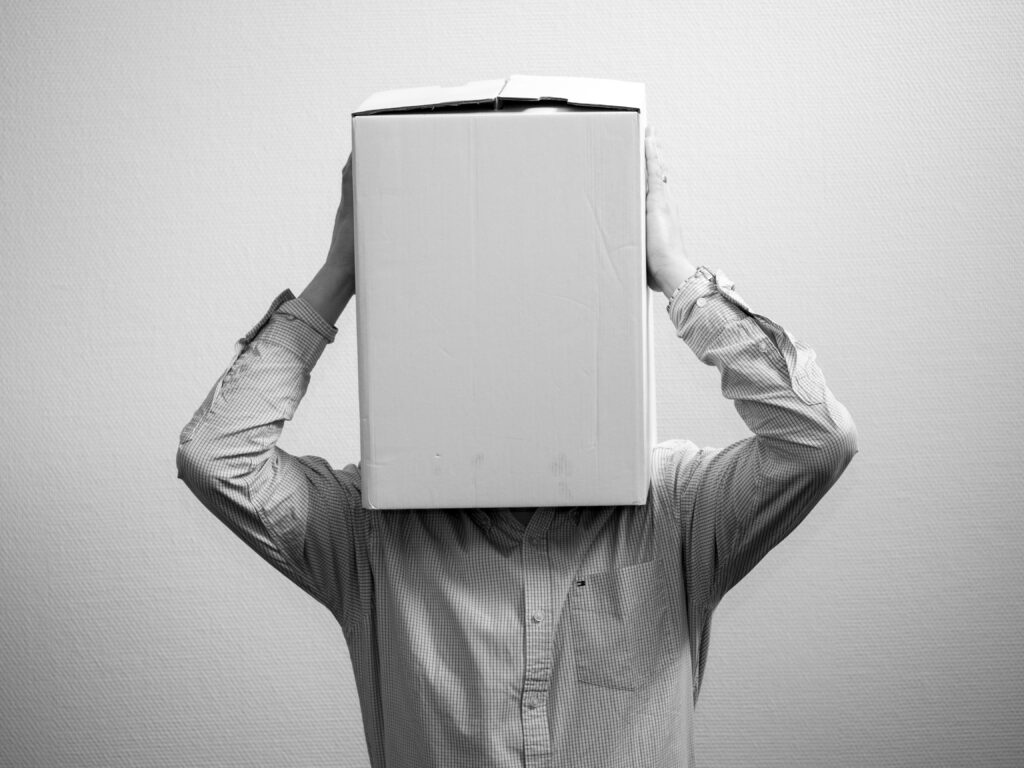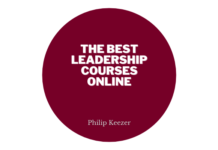While there are many things that divide Montrealers, from language to Jordan Peterson, there is one thing that unites us, the Montreal Canadiens. The Habs, as they’re known in the city, are ice hockey’s answer to the England football club. Perennially close but not close enough to victory, despite being home to some of the greatest ice hockey players there are.
As a son of Montreal, the last few months have been a rollercoaster – as they have for all Montrealers. The city watched, and dared to hope, as our home-grown ice hockey team journeyed all the way to the Stanley Cup final.
Could this be the year the Habs ‘brought it home’?
For those uninitiated into the thrills and spills of professional ice hockey, the Stanley Cup in ice hockey inspires similar levels of awe and reverence as the World Cup does in football. It is 28 years since the Habs last won a championship and ten years since they last reached a final. The final itself is a best of seven matches, played between the home cities of the two finalists, in this case Montreal and Tampa, Florida.
It’s a gruelling contest and one which pushes the competitors to the limit. So, how did the Habs do this time?
Sadly, it wasn’t to be. The Habs lost the first three matches of the seven. And while they won the fourth, meaning defeat at least wasn’t total, they lost the fifth and so their tournament came to an end.
While the disappointment was palpable for the players and fans and the city of Montreal, what lessons can be learnt from this loss?
Failing as learning
It’s a truism but is worth repeating anyway, nothing has ever been achieved without failure. We are naturally inclined to feel bad about failure but, a change of mindset can mean seeing it as a necessary step on the road to success. This is as true in sport as it is in business our personal lives and anything else.
In the immortal words of Albert Einstein, “If you’ve never failed, you’ve never tried anything new.”
Self-compassion complements self-esteem
Self-esteem is crucial to sporting success, and is where the competitive drive comes from. When facing defeat or failure however, it is our self-esteem that is hurt. If our image of ourselves is tied only to success, failure can be devastating.
This is why sports psychologists increasingly encourage athletes to also have space in their minds for self-compassion.
This isn’t just about going easy on yourself, or finding comfort in the midst of defeat, there is a growing body of evidence which suggests that being compassionate toward oneself can also increase performance and lower fear of failure.
This is crucial as fear of failure can be a self-fulfilling prophesy in a high-pressure sporting scenario.
Stay objective
Those who are successful in sport – as in business – give everything they have. This is crucial to success but can also mean perspective gets lost. It’s very easy to assume all the blame for a loss – and taking ownership is important as I’ve written about here – and it’s very easy to assume that a loss is really a loss. But it’s not, there’s always a next time, and if we can learn the positive lessons from what went wrong, then next time it’ll be a win!
So, while Montrealers may be feeling the sting right now, applying the principles of success will help us learn the lessons of failure and, perhaps next time, we’ll bring it home!














